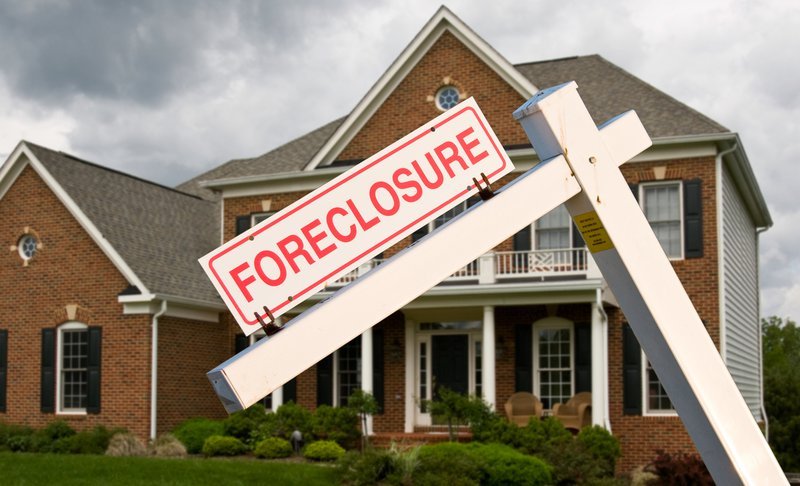It’s important to learn how to stop repossession if you are having financial difficulties or are struggling to pay your mortgage payments.
When your mortgage lender obtains a court order to seize your house, it is called a house repossession. The lender who lends you a mortgage to purchase a home is effectively a shareholder in the property.
House repossession is a court case that involves bailiffs visiting your home to remove you. Lenders who offer finance to high-risk applicants (those with lower credit scores) are the only exception. If you have missed three consecutive payments, a repossession will be the last resort.
How can you stop the repossession of your house?
Although it can be distressing to receive a house repossession notice on your home, you can avoid repossession up until the day of eviction. You don’t have to wait until it’s too late, since your mortgage lender won’t be able to resell the home.
Talk with your lender
Your lender must give you an opportunity to speak with them outside of court, as per pre-action protocol. Your lender should give you enough time to sell your home or arrange another payment method.
Ask your lender to modify the type of mortgage that you have, extend it, or lower your payments in order to stop your house from being taken over. It’s okay to submit a new proposal for a mortgage to your lender.
Make a payment towards arrears
Even if the arrears are not paid in full, or if your mortgage payment is in full, any amount you can afford should be paid as soon as possible. Even a small amount back will show that you are serious about catching up on your payments.
Rent your house
Renting out your house can be a creative way to get out of debt and avoid repossession. You can either hire a lodger or live with someone else and rent your entire home. This income could pay a substantial portion (or all) of your mortgage payments.
You should make sure you have the right legal agreements. To ensure that you are not violating any laws, consult a financial advisor, or a letting agent before you make this decision. You must also ensure the well-being of your tenants.
Check if you’re eligible for financial help
You should verify if you are eligible for any benefits based on a significant life change.
If you have been in an accident, or have a disability that renders you unable to work, the government should provide financial assistance. This would allow you to make your payments and prevent repossession.
If you end up claiming benefits, inform your mortgage lender immediately. If your claim is likely approved, lenders shouldn’t initiate possession proceedings.
Review your insurance policy
As with the previous point, it is important to check with your lender whether your plan includes (or specifically covered) mortgage protection insurance. These plans can protect you from illness, injury, or death, and will allow you to continue making mortgage payments if you lose your stable income.
Consider a quick house sale
Before you think about voluntary repossession, it is a good idea to sell your property if you are unable to pay your mortgage. Although lenders will allow you to sell your property within a reasonable time, there are some circumstances that might prevent you from selling it.


